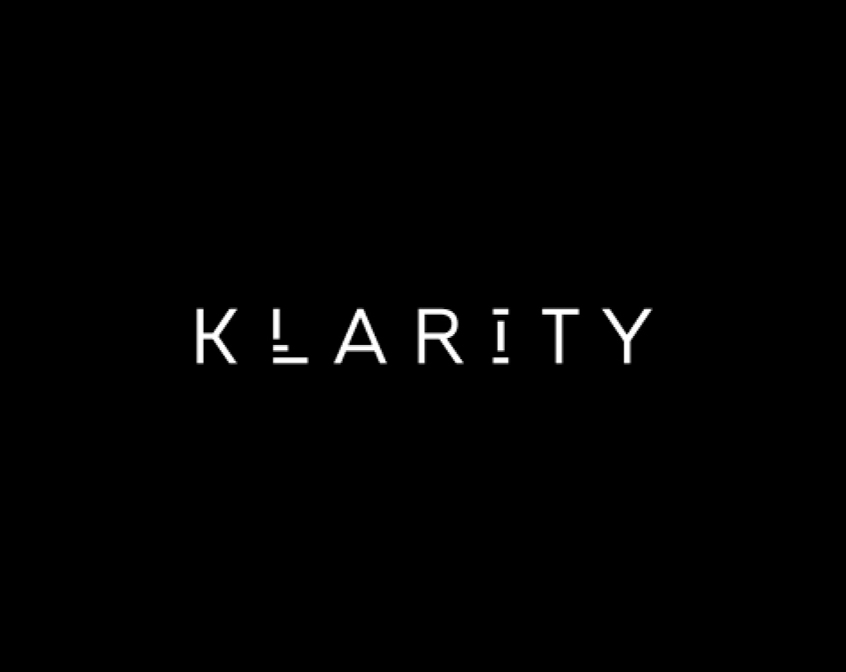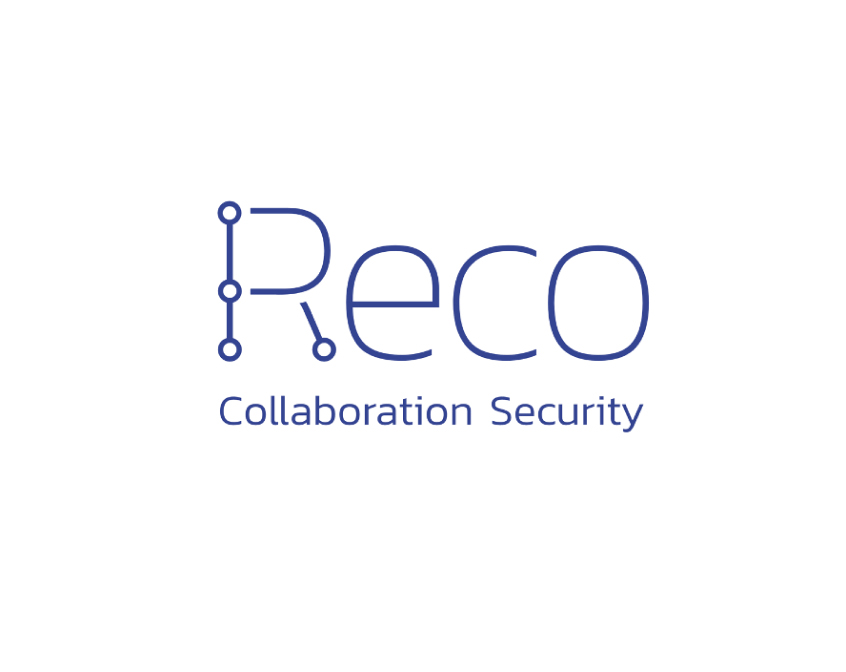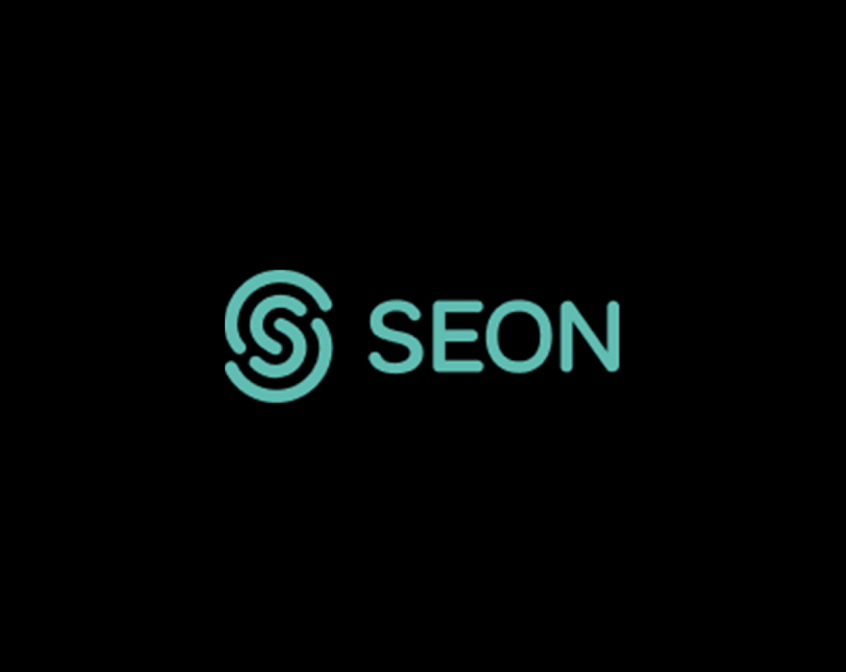Collaboration is the bedrock of a company’s ability to build, scale, and sell products and services. As far back as the modern corporation’s origins in the 19th century, technology has played a role – from the telegraph to the smartphone – in facilitating corporate collaboration. This role has changed dramatically in recent years as new tools like Slack, Zoom, and Microsoft Teams increasingly replace phone and email as the dominant forms of corporate communication.
Making things more complicated, work is increasingly getting done across hundreds of applications that span everything from company-wide cloud storage, to a department’s system of record, to team-specific work management systems. Meanwhile, employees aren’t just working with their peers within an organization. They’re also working with suppliers, customers, vendors, and other third parties across a range of different communication tools. The rise of distributed teams in the post-Covid world adds another layer of complexity to the equation.
For IT and security teams, dealing with the complexity created by the sprawl of systems used to manage collaboration across a company often means a trade-off between security and speed. Modern collaboration applications can speed up workflows, and taking the necessary steps to secure them shouldn’t mean slowing them down.
That trade-off ends today. With the release of Reco’s context-based AI platform, security teams can intelligently monitor data flows across an organization. Using only metadata, Reco is able to map relationships with employees within and outside of an organization.
If a discontinued supplier still has access to data, Reco will know that supplier is no longer working with the company. If a file gets sent to the wrong project manager accidentally, Reco will know that it got sent to the wrong team. If an off boarding employee sends data to a non-corporate email, Reco will be aware of the potential data leak.
Reco collects the metadata from applications that facilitate collaboration and surfaces it to security teams in the form of a graph that visually depicts who is sharing what data, in addition to, where, when, and how they are sharing it. Most importantly, Reco leverages AI to gain context and understand the “why” behind what data is being shared in a certain way, so as to dramatically reduce the lost productivity from thousands of false positives generated by traditional data loss prevention tools.
The key to Reco’s contextual understanding is its ability to assess a data flow’s legitimacy. Legacy data loss prevention and anomaly detection systems have no way of algorithmically assessing legitimacy, so they flag new business actions that are often legitimate, which results in security analysts having their time wasted by false positives. Reco, on the other hand, is constantly monitoring the metadata from a company’s collaboration systems to understand how new interactions are being created. It then feeds that information back into its AI engine, which more intelligently can assess the risk level of unjustified events.
Furthermore, by only using metadata, Reco sees none of the contents of any customer’s corporate communications. There is no agent, no complex integrations, and no code required – customers can get started on Reco in hours.
Reco’s founders understand what it means to build a metadata-based collaboration graph because they’ve done it before, in the Israeli Defense Forces. Gal Nakash (CTO) and Tal Shapira (Chief Scientist) were building a meta-data based threat hunting graph to stop terror attacks when they connected with Ofer Klein (CEO), a serial entrepreneur, and began brainstorming how it could be used in a commercial context. Over the last 18 months, they’ve assembled a world class team of engineers and data scientists to bring their knowledge of context-aware cybersecurity to the Collaboration Tools of the modern enterprise.
We’re incredibly excited to be supporting the Reco team along with our friends at Insight Partners, Zeev Ventures, BoldStart, Angular Ventures, Jibe Ventures, and Cyber Club London in their first financing.
For more information on Reco, check out their website, the funding press release, and check out open roles at the company – they’re hiring!
Related Articles

Rilla: Bringing Intelligence to Outside Sales
We at Crew Capital are incredibly excited to be leading a seed financing round in Rilla and partnering with Sebastian,…

Our Investment in Sequence: The FinOps Platform of the Future

Klarity: Automating Document Workflows across the Modern Enterprise
We’re incredibly excited to be backing Andrew and Nischal in building Klarity to supercharge accounting teams, giving back time and…







